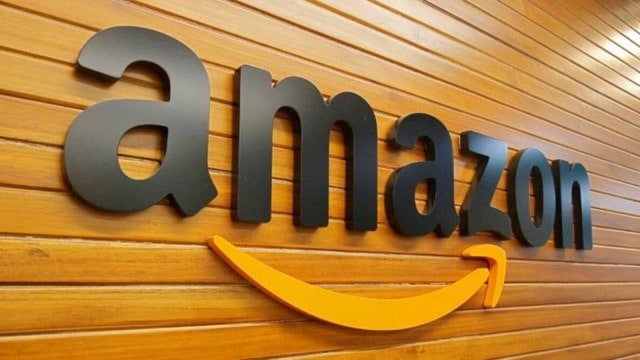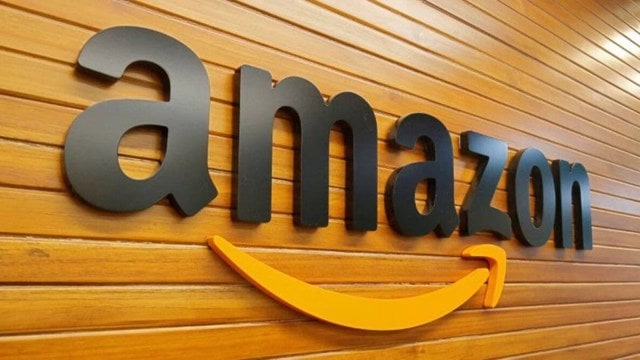Amazon found itself in the White House crosshairs after a report emerged suggesting the company planned to display U.S. import tariffs on its product listings. The tech giant swiftly denied the report, clarifying that the idea had only been briefly considered for its budget-focused Haul platform, not its main website.
The Controversy Unfolds
The confusion began when Punchbowl News reported that Amazon intended to show the impact of tariffs on prices on Amazon.com. Amazon quickly responded, stating that while its Haul division had mulled displaying import charges for certain inexpensive China-made products, the idea was never approved and was ultimately rejected.
Amazon’s Response
“The team that runs our ultra-low-cost Amazon Haul store considered the idea of listing import charges on certain products. This was never approved and (is) not going to happen,” an Amazon spokesperson explained. The company emphasized that teams often discuss various ideas, but this particular concept was not pursued further.
Market Reaction
The initial report caused a 2% drop in Amazon shares, which later settled to less than a 1% decrease in afternoon trading. The reaction was partly due to White House press secretary Karoline Leavitt labeling the reported pricing plan “a hostile and political act by Amazon.”
Background and Context
The controversy comes as President Donald Trump has imposed significant tariffs on U.S. trading partners, including China, where tariff costs have risen by 145% since Trump took office. Automakers and other businesses have warned that new tariffs could substantially increase consumer goods costs. Amazon’s Haul site, launched in November, is particularly vulnerable to tariffs as it relies heavily on goods shipped directly from China.
Political Fallout
Trump himself called Amazon founder and executive chairman Jeff Bezos to express concern over the Punchbowl News report. U.S. Representative Marjorie Taylor Greene, a Trump ally, also weighed in, expressing disappointment on social media. The incident highlighted the complex relationship between Amazon and the Trump administration, which has been critical of the company in the past.
Related Developments
The tariff issue is part of a broader trade landscape shift. Trump recently signed an executive order closing the “de minimis” trade loophole, effective May 2, which had allowed low-value packages from China and Hong Kong to enter the U.S. duty-free. This move is expected to impact companies like Amazon that rely on international shipping.



